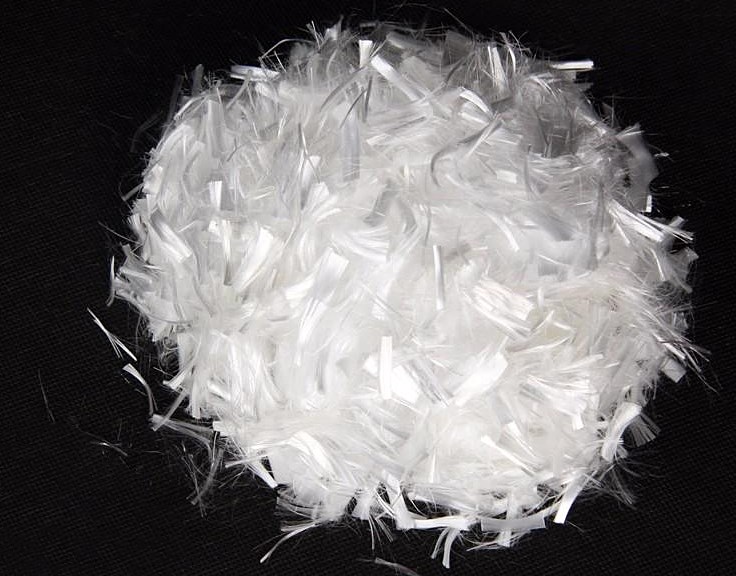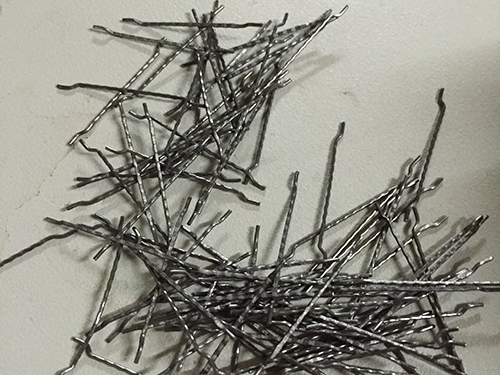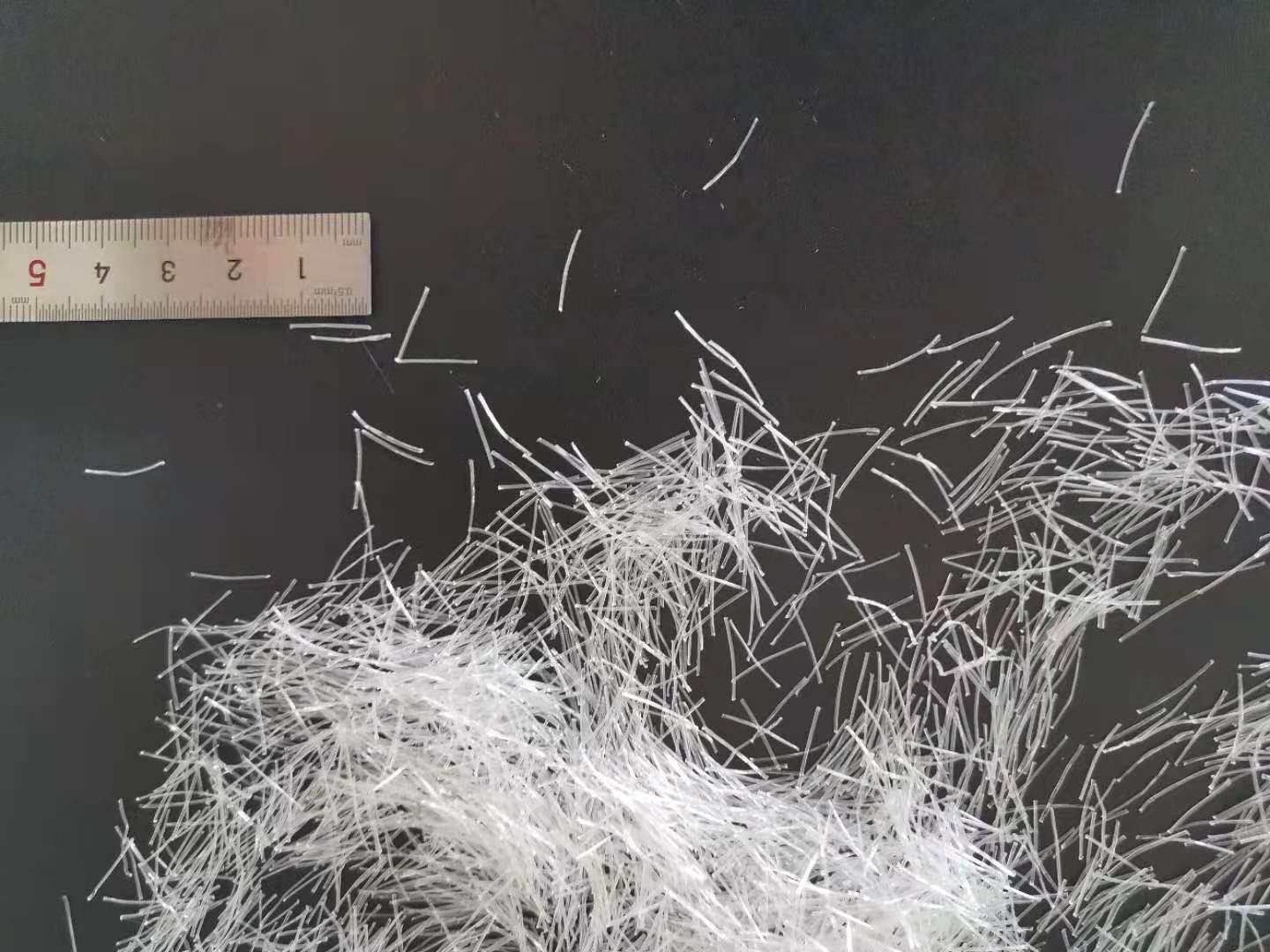
Fiber is a thread that can be made of minerals, metals and synthetics.
The most well-known fiber types are the following: steel fiber, basalt fiber, polypropylene (polymer) fiber, fiberglass, polyester fiber, carbon fiber.
Primarily fiber is designed to increase the strength characteristics of various materials (concrete, asphalt, plastics, paints, mastics, etc.) and is used as a reinforcing additive.
All types of fibers have different technical characteristics and, as a consequence, have their advantages and disadvantages.
Basalt fiber
It is made of basalt continuous fiber, which is made in its turn by extrusion of basalt melt rock through spinning platinum-rhodium dies. The complex threads produced in this way are subsequently cut into specified lengths.
Polypropylene fiber
It is made of synthetic thermoplastic material from propylene gas and is presented in the form of coarse helical segments or fine chopped threads.
Fiberglass
The standard broken glass is the raw material for fiberglass. Limestone, sand and auxiliary components are also used. Fiberglass production technology in its main stages is similar to the production of basalt fiber.
Steel fiber
Steel fiber is manufactured from low carbon steel wire. It can be produced in the form of straight lines, waves and anchors. Steel fiber can be also made of steel sheet, in this case its cross-section is rectangular.







